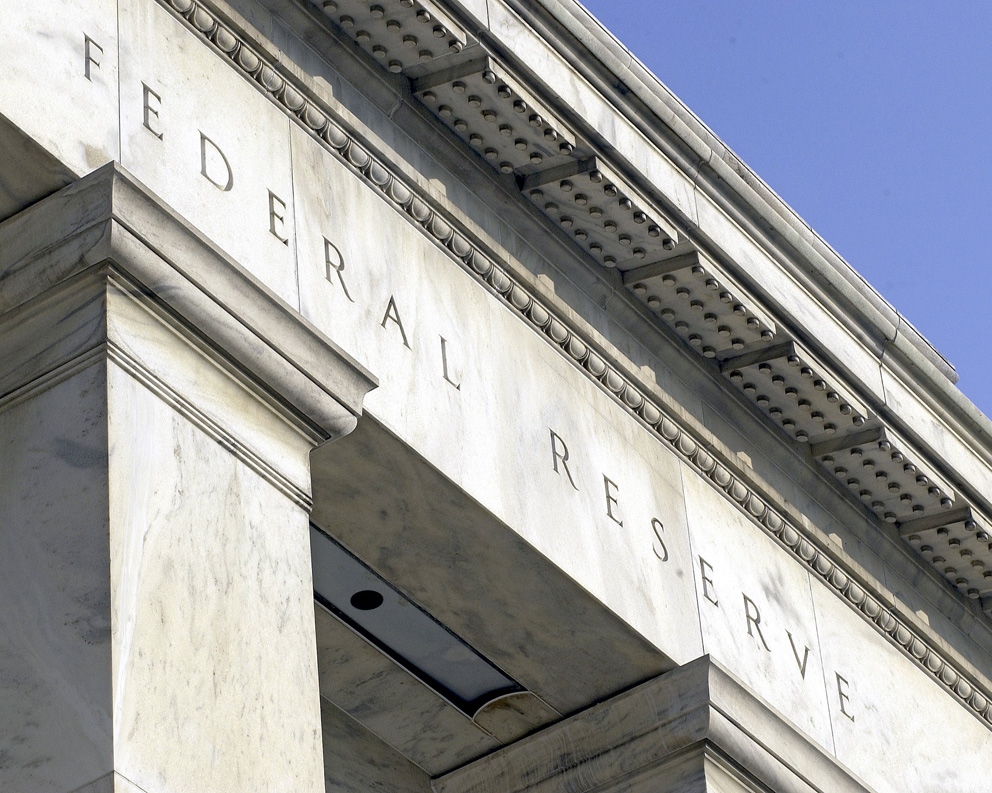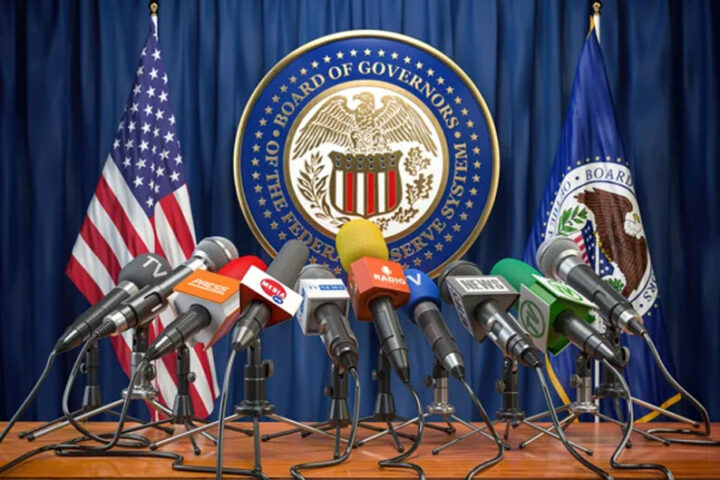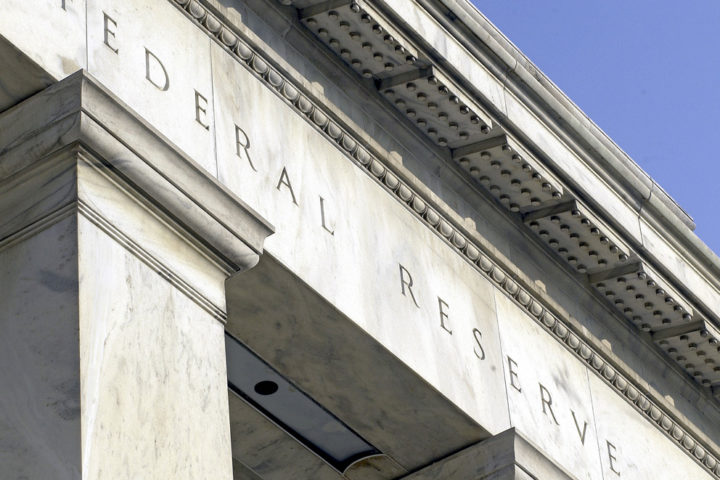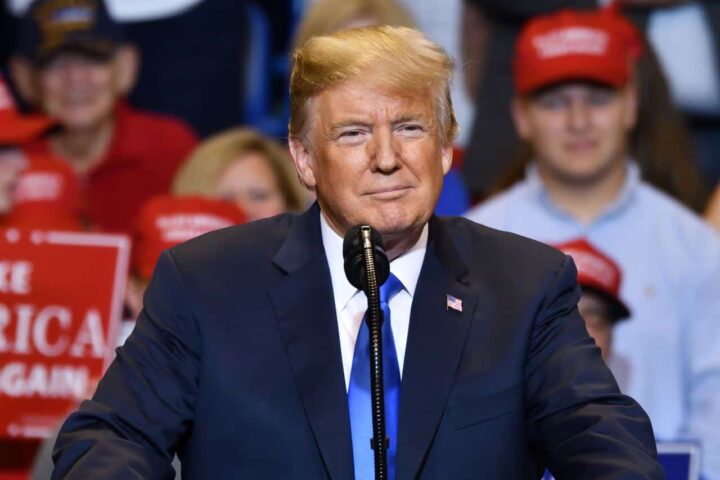By Hussein Sayed, Chief Market Strategist at FXTM
The Federal Reserve will do ‘whatever it takes for as long as needed’ to protect the US economy. This is the one statement that summarises the latest FOMC monetary policy decision perfectly.
As widely anticipated, the Fed voted unanimously to keep its funds rate unchanged within the range of 0 – 0.25% and it also left the interest rate on excess reserves at 0.1%. Near-zero interest rates will be in place for a long time given that the committee expects to maintain this target range until it’s “confident that the economy has weathered the health crisis and is on track to achieve its maximum employment and price stability goals”.
According to the Fed statement, the American economy is currently facing hits from several fronts due to the coronavirus. Sharp declines in economic activity, the surge in job losses, weaker demand, low inflation and external shocks from abroad will all weigh heavily and pose considerable risks to the outlook over the medium-term.
While the US central bank did not specify any limit on the upcoming quantitative easing (QE) programme, it made it clear that they will continue to purchase Treasury securities and mortgage back securities to support “smooth market functioning”. Businesses should not worry about short term funding as the Fed remains committed to offering large scale overnight and term repos.
The risks imposed by the virus on the economy will not be a short term one, but more likely over a longer period, suggesting that interest rates will remain near-zero for several years to come. The other conclusion we can draw from the Fed statement and Chairman Jerome Powell’s press conference is that the recovery will more likely be a U-shaped one and has little chance of being V-shaped.
Of course, the issue here is that the stock market’s performance over the past six weeks certainly looks V-shaped on account of all the fiscal and monetary easing we have seen so far and the commitment of more to come if needed.
However, Thursday’s sharp rally in US stocks which sent the S&P 500 up 2.7% by the close and 34% higher since the bottom on March 23 is due to early positive results in Gilead’s remdesivir studies as a virus drug. This tell us that biopharmaceutical companies have clearly become the leading indicator for the market. Any positive news towards finding a treatment or a vaccine to Covid-19 is driving risk-on behaviour.
The other factor feeding appetite to riskier assets is the gradual lifting of lockdowns that we’ve seen in several US states and European countries.
While these are legitimate reasons to become more risk-seeking, investors should take other factors into consideration as well. Valuations are no longer cheap, economic activity will take a long time to recover, many jobs are unsecured, consumer behaviour has changed, millions of employees have already been laid off and we’re still unsure about the risks of a second wave of coronavirus. In fact, that’s the reason why gold is still near 7-year highs despite the optimism reflected in equities.
At this stage I would consider a cautious approach to risk assets.
Thursday sees the ECB meeting and a central bank which is facing even more challenging times than the Fed, given that the fiscal boost to Eurozone nations is relatively muted compared to the US.
While the bank is not expected to take any new action, having already launched its Pandemic Emergency Purchase Programme five weeks ago, investors want to hear that the ECB will follow the “whatever it takes” approach and signal their readiness to act.
Markets also expect the ECB President Christine Lagarde to remind Eurozone leaders that further collective action around fiscal policies is required.
For information, disclaimer and risk warning note visit FXTM
FXTM Brand: ForexTime Limited is regulated by CySEC and licensed by the SA FSCA. Forextime UK Limited is authorised and regulated by the FCA, and Exinity Limited is regulated by the Financial Services Commission of Mauritius









